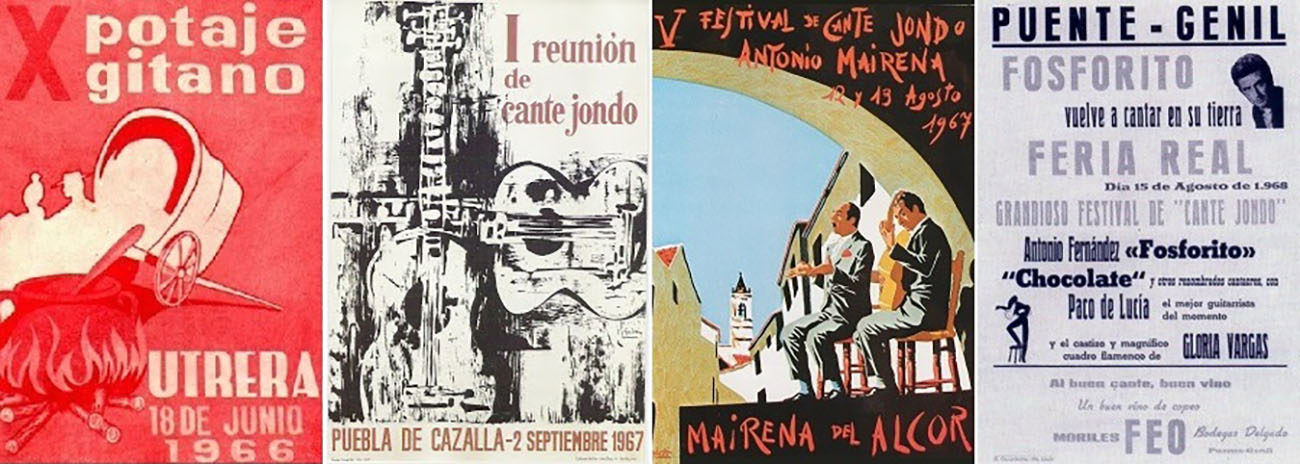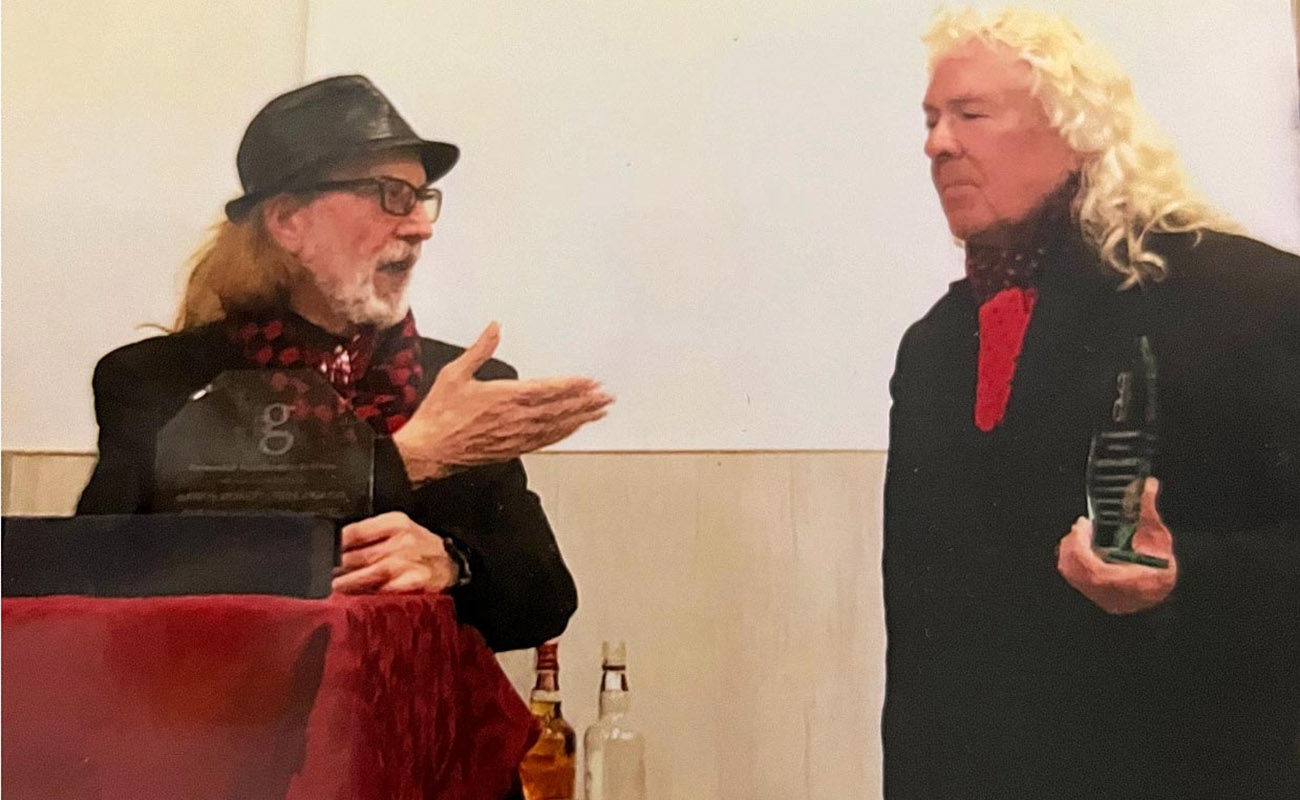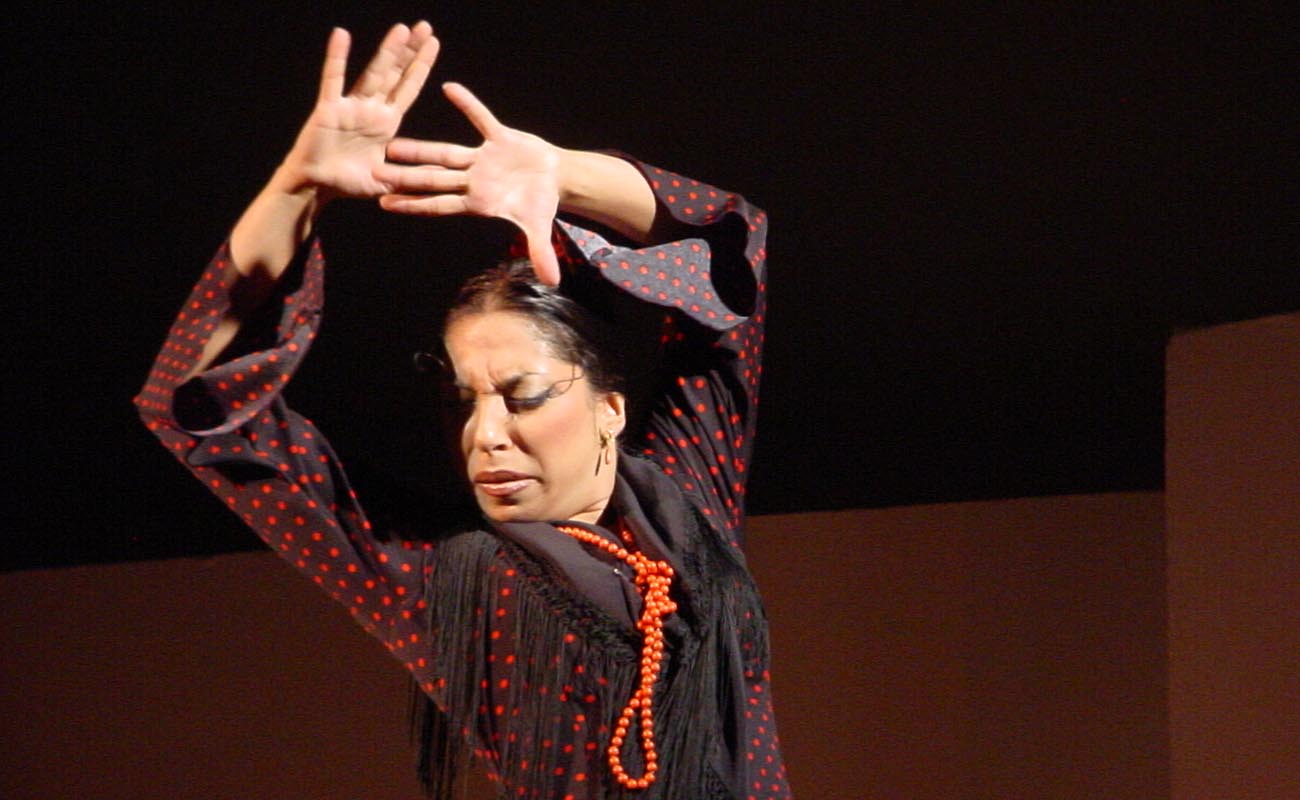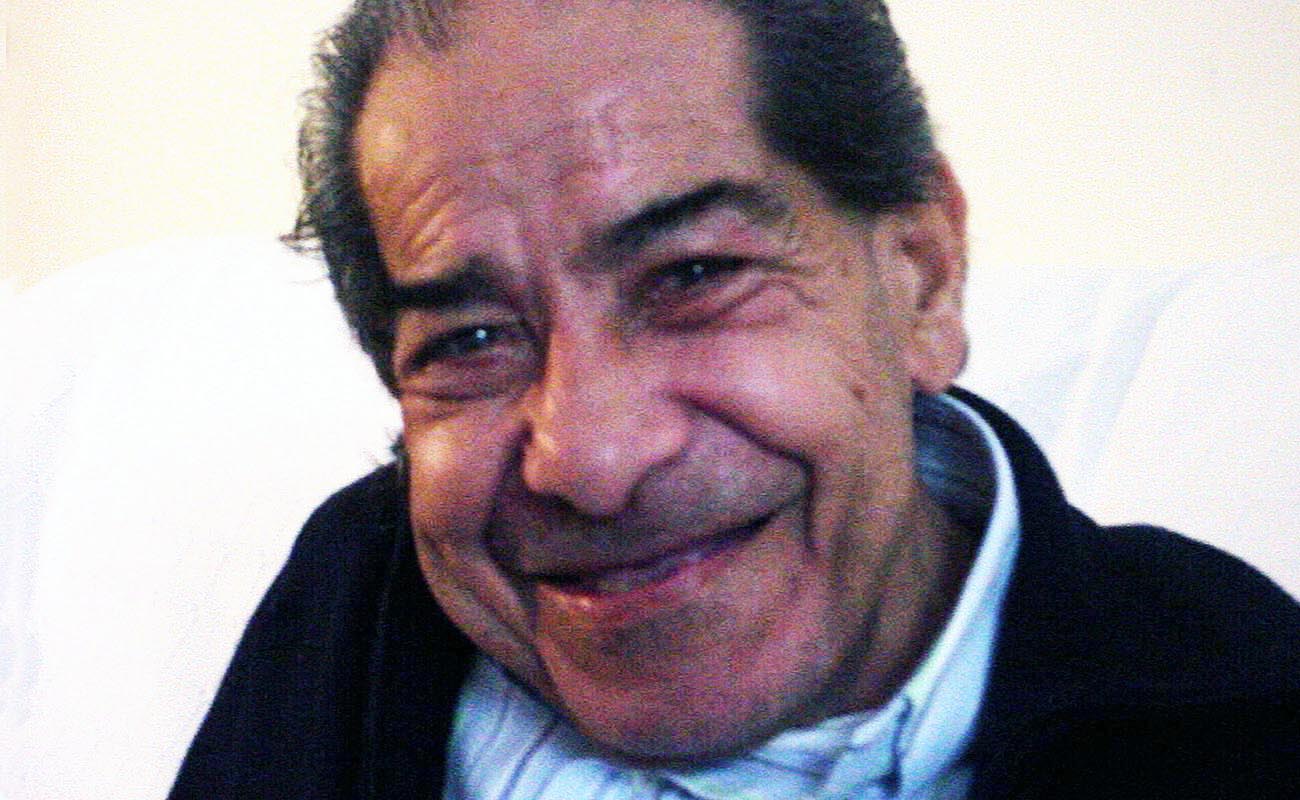The Half-Century Club of Flamenco Festivals
The decade of the 1960s saw the explosion of a new way of presenting flamenco.

The decade of the 1960s saw the explosion of a new way of presenting flamenco. The now often vilified format of the open-air summer festival that lasted 6 or 7 hours, with ten or more major artists was the order of the day. Fosforito and Lebrijano seemed to have been cloned, appearing everywhere, as well as dancers Matilde Coral and Rafael el Negro, Trini España and many others, and maestros of guitar such as Juan and Manuel Morao, Melchor de Marchena, Parrilla, Juan Habichuela…an endless string of names that conjure up flamenco for followers of a certain age.
Alfonso Eduardo Pérez Orozco, flamenco journalist and radio show host, close friend for many years of the maestro Antonio Mairena and collaborator in some of the early summer festivals when they were coming into being, attributes the model of these events to the Newport Jazz Festival, founded in 1954.
The festival movement was at its peak in the early nineteen-seventies when I spent summers chasing down the biggest ones with the most artists, juggling dates in order not to miss anything important. Tickets for the major festivals cost an outrageous (for the time) budget-breaking 400 or 500 pesetas, about 3 U.S. dollars at the present exchange rate of the historic peseta. That was more than most of us made for a night’s work at any of the Madrid tablaos when a quart of milk on Amor de Dios street cost 9.70 pesetas.
These first-generation festivals had no parallel activities, no conferences, exhibits or roundtable discussions, nor were they “presented”. It all happened in one marathon night that was so long, plenty of people would skip the first hour or two in order to be wide awake for the most important artists who performed last. There were often protests from the artists. I remember one year, can’t remember which festival it was, when la Susi was furious about having to perform at 6am after having been instructed to arrive at 10pm the previous night…who could blame her! And the sound, it was always dreadful. You got used to it though…somehow that too was part of the free-wheeling atmosphere in which guitarists were assigned haphazardly to singers at the last moment.
The fin de fiesta in those days, far from being the typical “take the money and run” moment we see nowadays, seemed to last forever. In particular I remember Antonio Mairena and/or Lebrijano going on and on, dancing and singing bulerías. It’s not a romantic exaggeration: I still have a tape recording of Lebrijano doing 28 minutes of bulerías, on his own. Which is another thing…palmeros! When the bulerías moment arrived, singers would ask for people from the audience to lend a hand…there was never any shortage of volunteers, nor of good solid compás.
Many festivals have recently celebrated their 50th edition, and others will soon be doing so. The oldest one, the pioneer, is the Potaje Gitano de Utrera, founded without grandiose intentions, in 1957. Others in the “golden anniversary club” are the Festival de Cante Jondo “Antonio Mairena” (1962), the Gazpacho Andaluz of Morón de la Frontera (1963), the Festival de Cante Grande “Fosforito” of Puente Genil (1966), the Caracolá de Lebrija (1966), the Reunión de Cante Jondo de La Puebla de Cazalla (1967), the Fiesta de la Bulería of Jerez de la Frontera (1967), the Festival de Cante Grande de Ronda (1968) and the Festival de Cante Grande de Casabermeja (1969) among others.
Many lesser festivals have fallen by the wayside, unable to finance or even justify such an unwieldy event. Others remain faithful to the old ways, and we love them for it, most notably those of La Puebla de Cazalla and Casabermeja. Most of the other remaining festivals now have a streamlined format with bag searches at the door, 3 hour duration, cushions on the seats… Everything is quite civilized, and the two or three featured artists usually slip away in their luxury cars after performing, avoiding the informal gatherings that used to take place after a festival and would often end up with a breakfast of hot chocolate and fritters.




